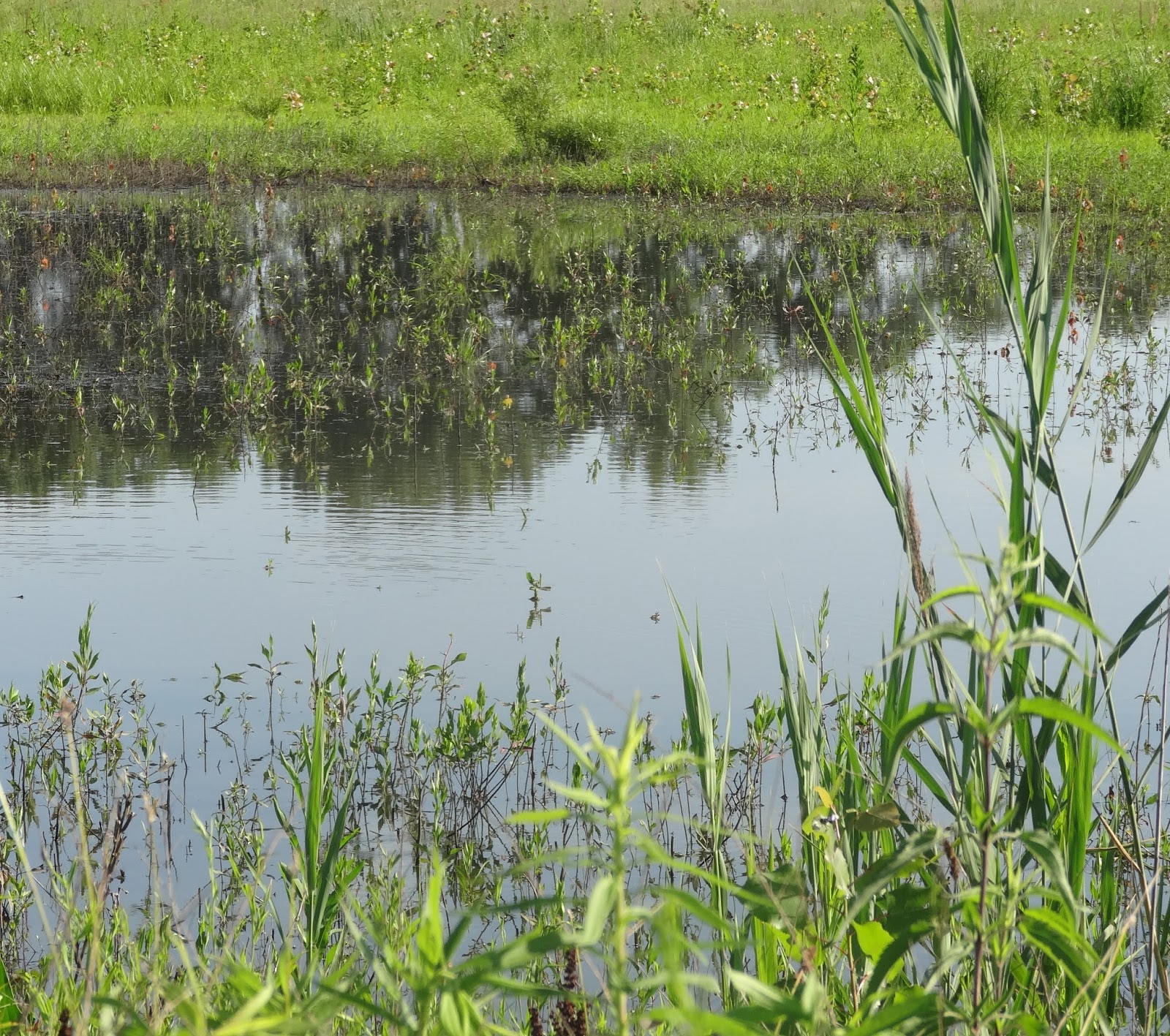 The U.S. EPA announced a new plan to improve water quality and restore habitats in the Great Lakes earlier this week during a meeting of region’s mayors in Chicago. The five-year plan, known as the Great Lakes Restoration Initiative Action Plan II, calls for a dramatic expansion of urban stormwater management projects and a more than 1,400 ton reduction in phosphorus fertilizer runoff. It also roughly doubles the number of acres covered by efforts to control invasive species and requires that new wetlands include plants that can thrive as climate change brings warmer temperatures.
The U.S. EPA announced a new plan to improve water quality and restore habitats in the Great Lakes earlier this week during a meeting of region’s mayors in Chicago. The five-year plan, known as the Great Lakes Restoration Initiative Action Plan II, calls for a dramatic expansion of urban stormwater management projects and a more than 1,400 ton reduction in phosphorus fertilizer runoff. It also roughly doubles the number of acres covered by efforts to control invasive species and requires that new wetlands include plants that can thrive as climate change brings warmer temperatures.
From The New York Times
It builds on a four-year initiative, begun in President Obama’s first term, that has already spent $1.6 billion on more than 2,100 restoration projects on the lakes’ American side. The added initiative, which extends through 2019, is expected to cost roughly the same.
The government says the project is the largest conservation program in the nation’s history, involving 15 federal agencies and the eight Great Lakes states. Read more
 In addition to laying out new strategies, the latest phase of the Great Lakes Restoration Initiative continues efforts to clean up Areas of Concern across the region, where polluted water and contaminated sediment pose a risk to wildlife and public health. Five of these largely industrial rivers and harbors have been restored in the last four years, and 10 more are slated for cleanup by 2019.
In addition to laying out new strategies, the latest phase of the Great Lakes Restoration Initiative continues efforts to clean up Areas of Concern across the region, where polluted water and contaminated sediment pose a risk to wildlife and public health. Five of these largely industrial rivers and harbors have been restored in the last four years, and 10 more are slated for cleanup by 2019.

